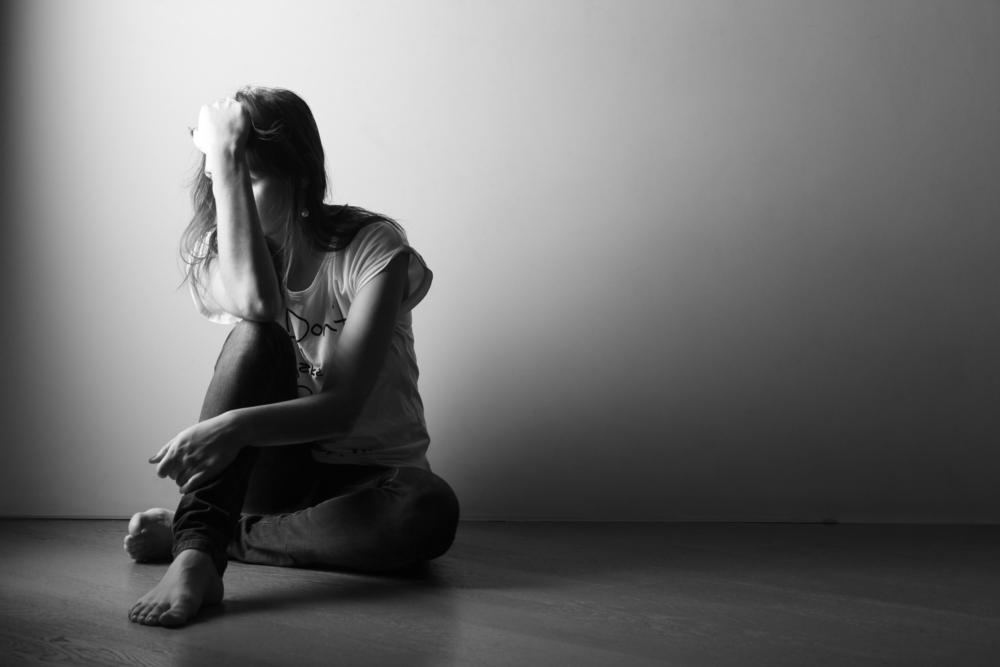The last three months have seen more worrying reports of the pressure mental health services are under as a system that was struggling before the pandemic now tries to cope with a surge in requests for support.
In early January 2022, NHS Digital data showed the dramatic surge in demand for services for eating disorders with hospital admissions up by 41% in a year, leading to widespread concern that the NHS can no longer treat every child with an eating disorder.
The provisional data for April to October 2021 showed there were 4,238 hospital admissions for children aged 17 and under, up 41% from 3,005 in the same period in 2020, and up 69% on the pre-pandemic year of 2019.
There has been a rise in admissions for eating disorders for all age groups, up 13% in the financial year 2020-21 compared to 2019-20. The most recent data from April to October 2021 shows 15,941 admissions so far among all age groups, which could result in 2021-22 being the highest year yet for people needing inpatient treatment.
At the end of December data on mental health services in London was leaked to The Independent, which showed critical levels of bed availability. In October and November almost all mental health hospitals in London had been at “black alert”, which means their beds were at nearly 100% occupancy; a source told the paper that the situation was similar across the country, with nearly all mental health trusts at 94% bed occupancy.
The Independent also revealed that long waits for a bed were increasing in London, with 50 patients a week waiting more than 12 hours for a bed, compared with 35 during the same period lin 2020. However, sources told the paper that the true length of A&E waits are often hidden, with many waits measured in days. One senior director in London, speaking anonymously with The Independent, said they’d seen a child wait 60 hours for a bed earlier this month, while another emergency care doctor said patients in their A&E were waiting for 18 hours.
Bed availability data for children in London showed just 10 children’s beds out of 140 available in mid-October. Sources in the east of England told The Independent that almost 150 children’s mental health beds were closed, which was causing huge pressures.
“Out of area placements” have increased due to a lack of beds with The Independent reporting that during one week in November, just 3% of beds for women were available in the capital and on one day, 40 patients had been sent miles away from home to “out of area placements”.
The Royal College of Psychiatrists’ 2021 census of staff released in December 2021 highlighted the issues with staffing, with consultant vacancies up by more than a third (35%) since 2017, with nearly one in 10 posts going unfilled.
Dean of the College, Professor Subodh Dave told HSJ that one in four (24%) of the country’s 7,782 consultant posts are not substantive and there are a high number of locums, typically on shorter-term contracts.
Further 2021 census findings revealed that CAMHS vacancy rates are at 13% and disciplines, such as eating disorders and intellectual disability, also have significant staffing gaps at 12.5%.
In November 2021, Senior Responsible Officer for Mental Health, Claire Murdoch’s, report to the board meeting of NHS England and NHSI noted that at least 1.4 million people are on the waiting list for care, with an additional eight million who would benefit from care, but who do not meet current criteria.
The board was told that adult acute bed occupancy remains above the recommended safe levels of 85%. At this level, any surge in demand cannot be met, the likelihood of safety incidents increases, as do the number of out of area placements.
The Covid-19 response crisis lines have been receiving a staggering number of calls, in the first quarter of 2021/22 it was between 180,000 and 200,000 calls per month or more than 6,000 each day.
In addition, the Board was told that A&E waits over 12 hours are worsening, and that NHS Digital had estimated a 4.5% increase of detentions under the Mental Health Act (1983) between 2019/20 and 2020/21 (compared to an annual increase of around 2% in recent years).
Dear Reader,
If you like our content please support our campaigning journalism to protect health care for all.
Our goal is to inform people, hold our politicians to account and help to build change through evidence based ideas.
Everyone should have access to comprehensive healthcare, but our NHS needs support. You can help us to continue to counter bad policy, battle neglect of the NHS and correct dangerous mis-infomation.
Supporters of the NHS are crucial in sustaining our health service and with your help we will be able to engage more people in securing its future.
Please donate to help support our campaigning NHS research and journalism.


